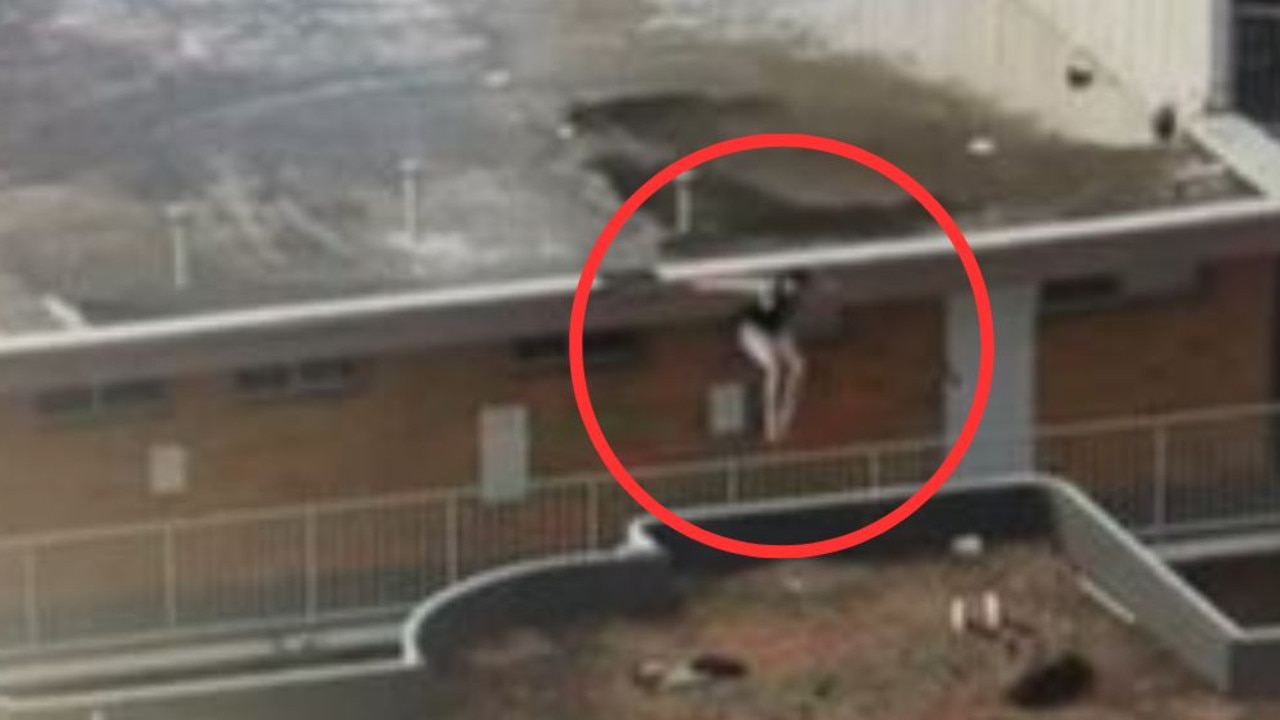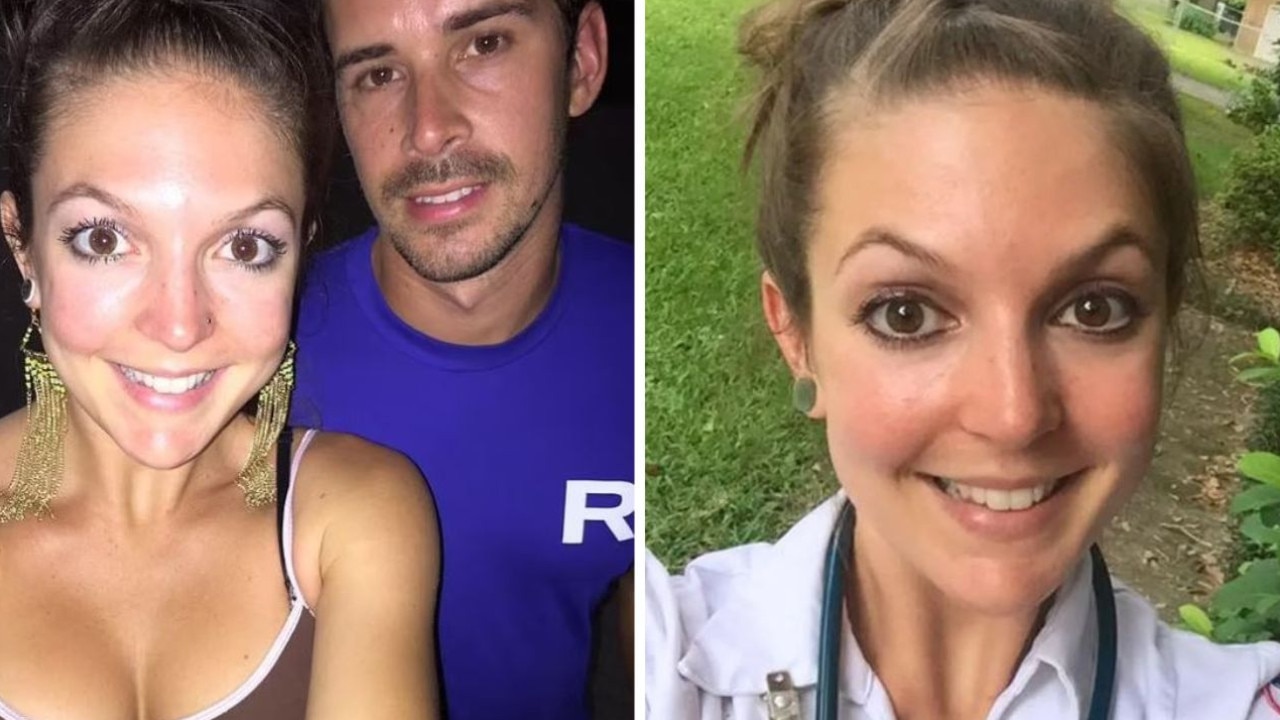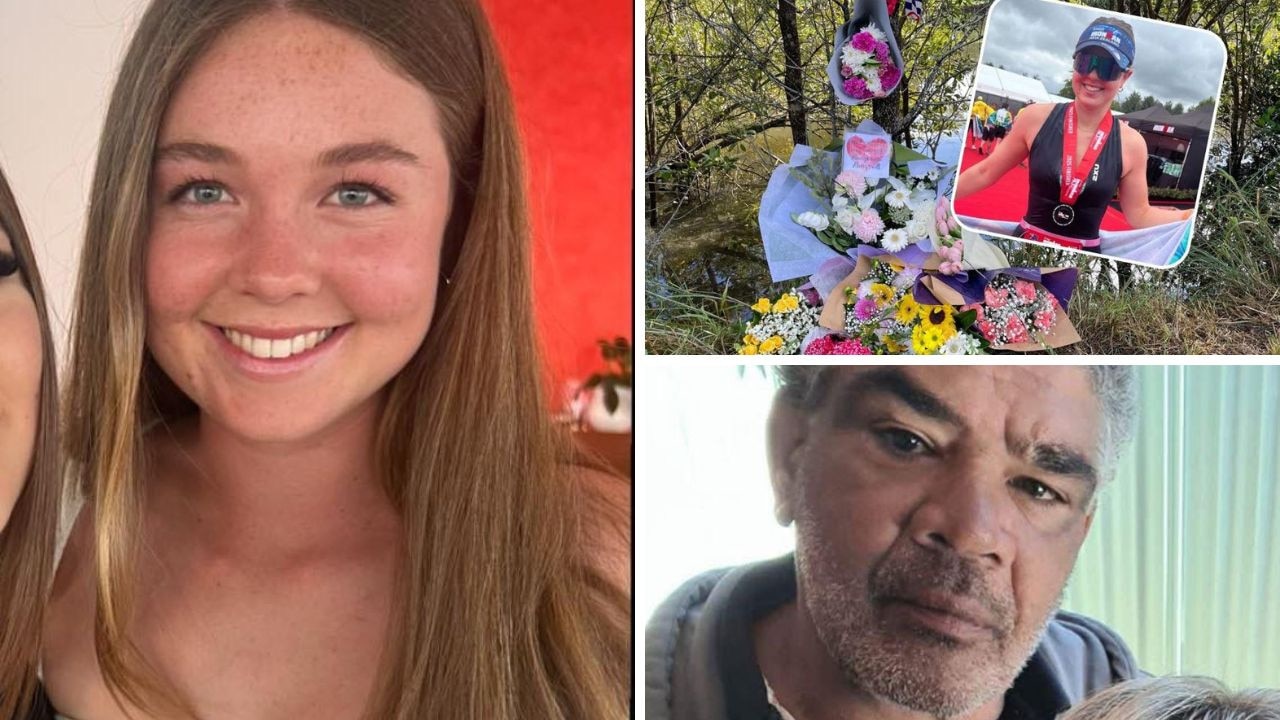Shock twist in brutal murder case of Janine Balding
He was convicted of a brutal crime that horrified the nation, however new evidence might free one of our most reviled criminals.
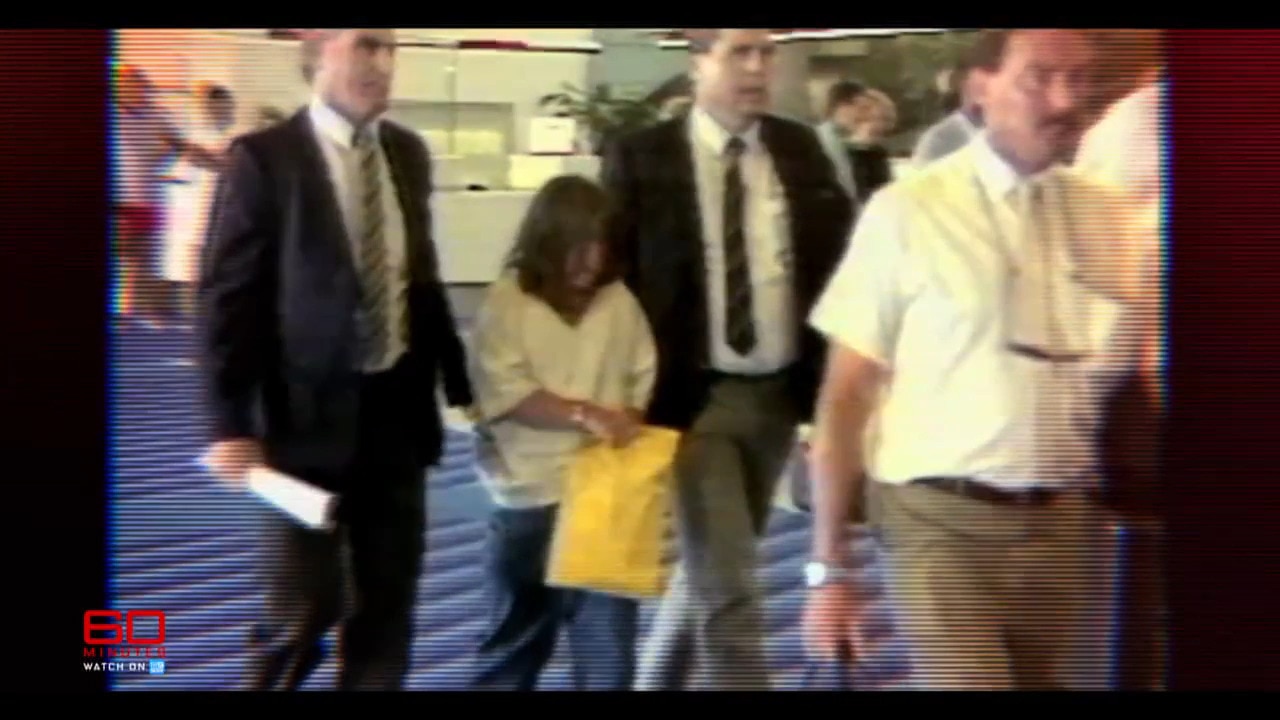
It was a crime that shocked the nation.
20-year-old Janine Balding was abducted at knifepoint, before being repeatedly gang raped and brutally murdered by a pack of youths as she made her way home from work in September 1988.
The bank teller’s half-naked body was found bound and gagged in a shallow dam in Minchinbury, Sydney.
Stephen ‘Shorty’ Jamieson was convicted as the ringleader of the group, with the judge declaring that he, along with the others directly involved, should “never be released” from jail.
However, the now-58-year-old has always denied any involvement in the murder, repeatedly saying he wasn’t even there and insisting he’s a victim of mistaken identity.
“I’m trying to tell them I had nothing to do with it,” he told 60 Minutes during an interview from his cell.
After having spent 36 years behind bars, new attention is being drawn to Jamieson’s case with the New South Wales Supreme Court set to rule on whether the case against him should be reopened.
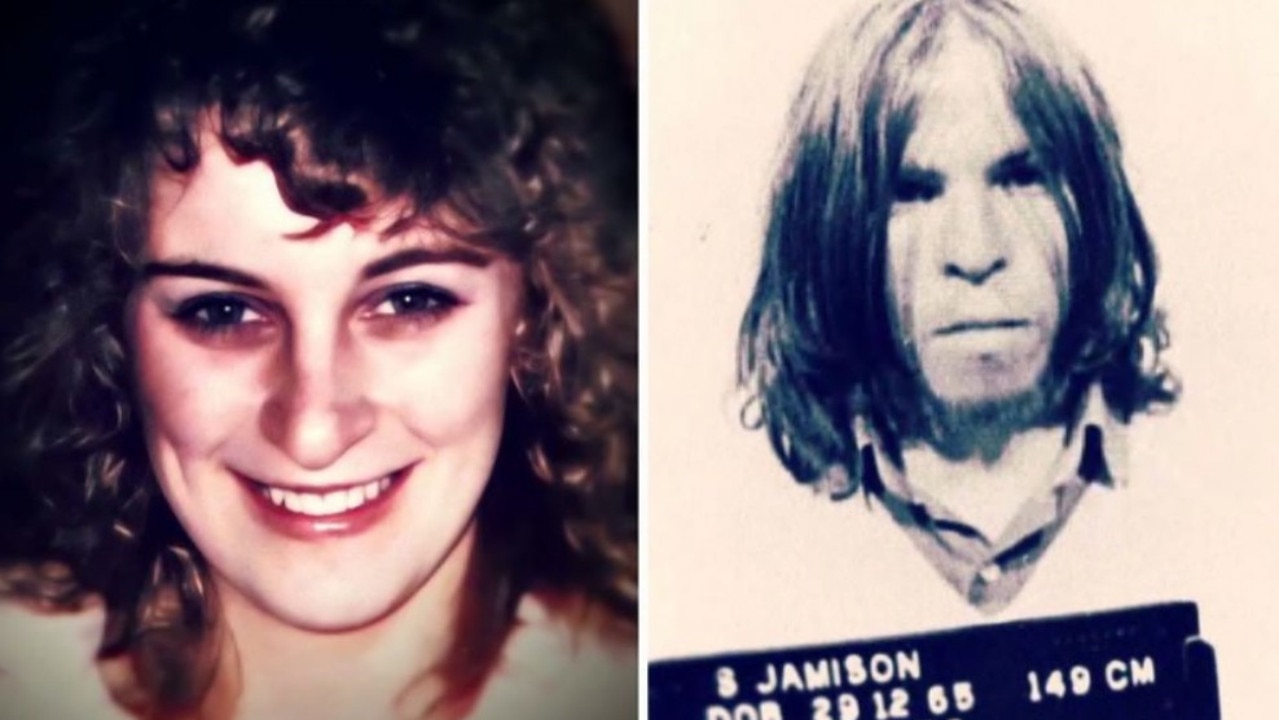
There are experts who believe this absolutely needs to happen, following the release of new forensic evidence.
A black bandana used to gag Balding before she was drowned had been repeatedly tested for DNA without luck for many years. However, 10 years ago unidentified male DNA was extracted from the bandana, following technological advances.
The tests, conducted by the NSW Forensic & Analytical Science Service, detected a total of five unidentified male profiles on the bandana.
Jamieson wants to have it tested against another man who was investigated at the time, Mark Wells, who was also known as ‘Shorty’.
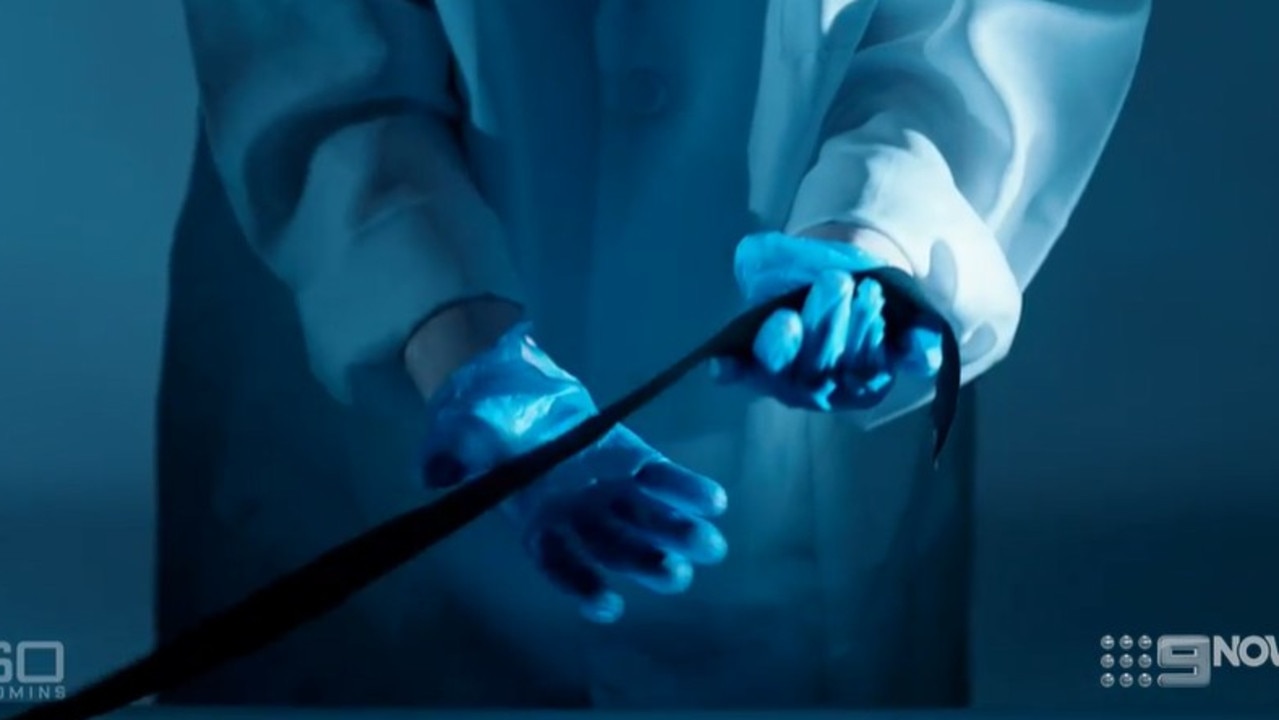
The New South Wales Police have this year obtained a sample of Well’s DNA, which was taken by Queensland Police in 2011, however they have refused to test it, saying legislation prevents it.
Wells is 150 centimetres tall – just one centimetre taller than Jamieson, and often wore a bandana. All four of Jamieson’s then co-accused testified at the murder trial in 1990 that it was ‘Shorty’ Wells, not ‘Shorty’ Jamieson, who was with them at Sutherland railway station on the night of Balding’s murder.
The co-accused at the time of the case included Matthew Elliott, 16, Bronson Blessington, 14, Stephen “Shorty” Jamieson, 22, Wayne Wilmot, 15, and Carol Arrow, 15.
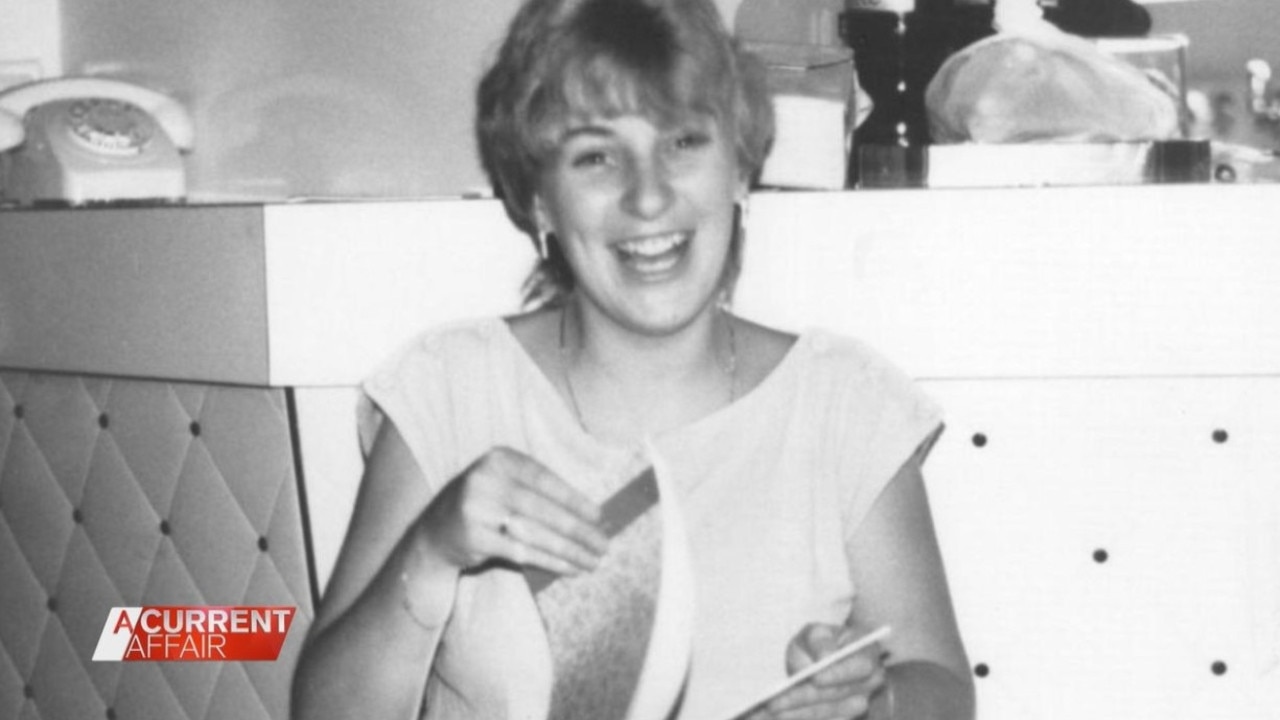
Jamieson’s lawyer Peter Breen said: “As a lawyer, you can’t just look away or walk away when you see an injustice like that … It’s (the bandana) got DNA on it that hasn’t been identified.
“For 20 years, I’ve been trying to get the police and the health department to test the other DNA.”
He said he hasn’t given up: “I’m very grateful to be defending the indefensible when it’s an innocent person.”
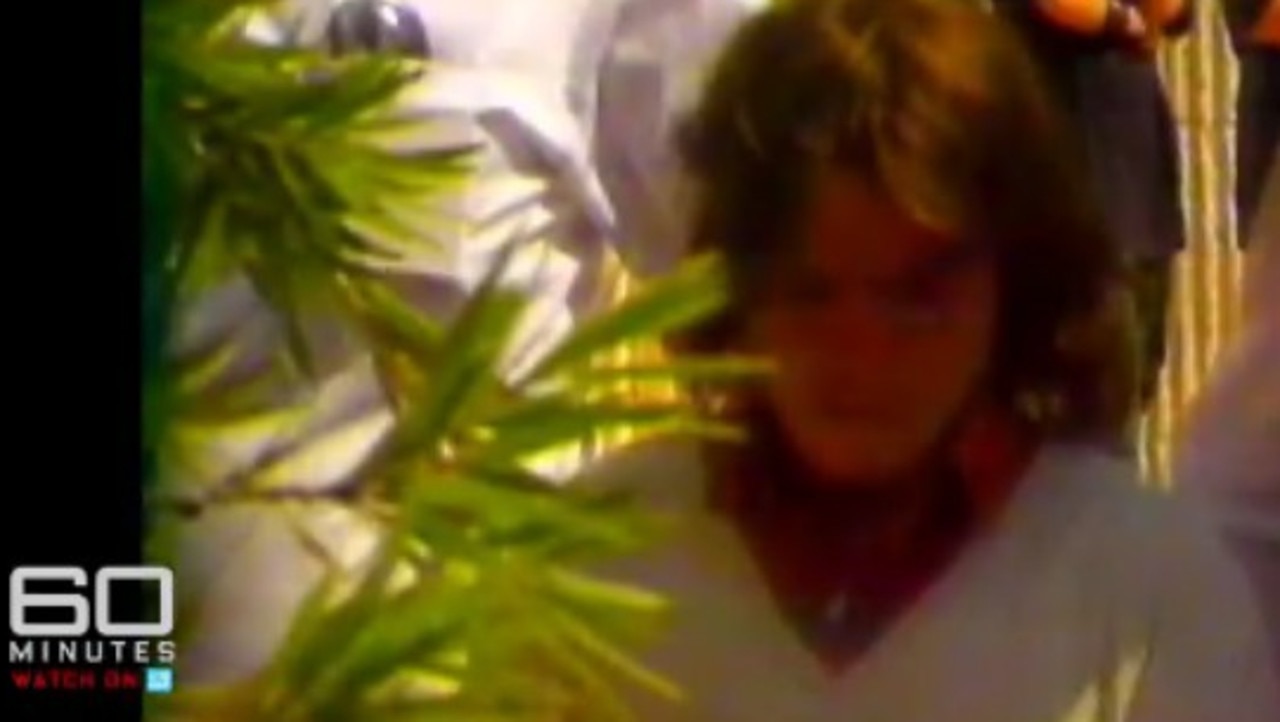
Last year, Jamieson launched Supreme Court action after learning at the time that Wells’ DNA had never been obtained by NSW Police or tested against crime scene evidence.
Dr Kirsty Wright, a forensic scientist, said testing of the DNA is crucial.
“Having somebody’s DNA available to compare against crime scene DNA is the most basic requirement,” Dr Wright said. “That’s not, not complicated at all. That is basically the first thing you make sure that you have. So, the fact that the lab didn’t have that is, is a significant failure.
“ … If Mark Wells’ DNA is found on that bandana, it casts some serious doubt over Jamieson’s guilt”
Dr Wright said it’s known that it’s not Jamieson’s DNA on the bandana.
“Jamieson has been excluded, but we don’t know if it’s Wells’ DNA or not.”
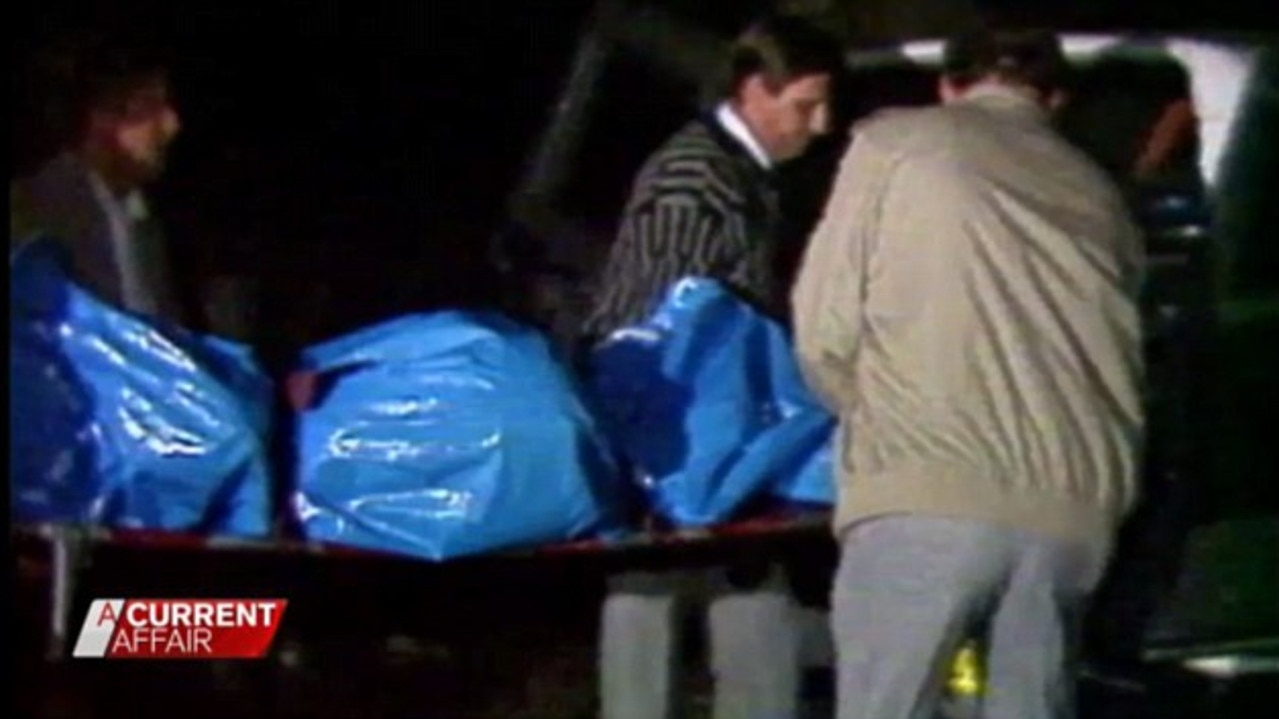
There’s also an argument that Jamieson was in no state to be interviewed by police, when approached just two weeks after Balding’s murder, and signed a confession.
Professor Michele Ruyters, former lawyer and director of the Bridge of Hope Innocence Initiative said about Jamieson’s case: “He was stoned and he still had a bottle of alcohol with him. He’s absolutely unfit for interview. He vomits. He doesn’t get a lawyer.
“There’s no medical assessment of his ability to take part in the interview at all.”
Jamieson, while speaking publicly about the events leading to his conviction for the first time, told 60 Minutes: “Well I walked into the cell. Well they spotted me first and then they said to me, ‘what are you doing here?’
“I said ‘I’ve been charged with basically the same thing basically youse (sic) have been charged with,’ They said ‘but you had nothing to do with it’ and I said, ‘I know that.’ But, and that’s when a couple of them spoke to their lawyers and said that, ‘they’ve got the wrong person. The coppers have arrested the wrong person’.”
Co-accused Matthew Elliot, who still maintains he wasn’t with them that night in 1988, said: “Poor bloke’s never gonna get out and he wasn’t even there.”
Investigative journalist Nick McKenzie said of the case: “What happened to Janine Balding is surely one of the worst crimes ever committed in this country. And the idea of, once again, re-examining the case against Stephen Jamieson will be distressing for many, especially her family.
“To be clear, we are not advocating for Jamieson or his release. But even convicted criminals deserve to have new evidence considered in exceptional circumstances.”
60 Minutes spoke to one of the police officers who took part in the interview with Jamieson and he denied anything improper took place, stating the police record of interview is correct.
The program contacted NSW Police for an interview however they declined, saying they can’t comment as the matter is before the court.

